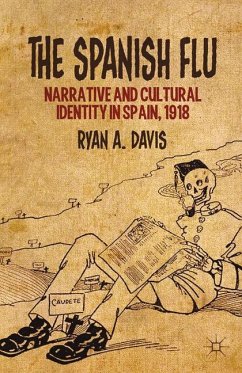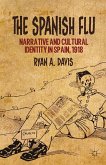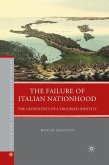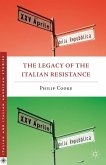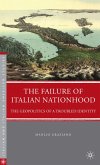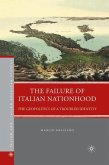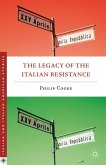The 1918 Spanish flu epidemic is now widely recognized as the most devastating disease outbreak in recorded history. This cultural history reconstructs Spaniards' experience of the flu and traces the emergence of various competing narratives that arose in response to bacteriology's failure to explain and contain the disease's spread.
"The Spanish Flu ... make a significant contribution to our understanding of how civilians living within specific national cultures experienced the epidemic ... . this book richly suggests new paths for other scholars of the 1918 flu and for the study of national cultures. ... make a compelling case for understanding epidemics within the frameworks of cultural narratives and national agendas." (Elinor Accampo, The Journal of Modern History, Vol. 87 (4), December, 2015)
' in idea and in execution this is one of the most original studies I have ever read. In his singular passion for researching one event so extensively and completely, Ryan Davis has written a most unique, compelling, and thorough contribution to the discipline.' - Ometeca
'Davis's is a nuanced study that goes well beyond conventional social history approaches, making it a model for how histories of epidemics might be written in future.' - Social History of Medicine
"Based on the author's exhaustive research, this book offers a new analysis in English of this tremendous event in Spain, complementary to others that already exist. It centers on cultural narratives, showing how they were structured in response to this great socio-medical crisis, and perfectly links two concepts of epidemic and national identity." - María-Isabel Porras-Gallo, Professor of History of Science, University of Castile-La Mancha, Spain
"This original work takes up a series of long-running questions about modern Spanish national identity as they intersect with the highly mobile, transnational phenomenon of epidemic. While historians of medicine have produced some studies of the relationship between disease and national identity, none until now has dealt with Spain, nor have Hispanists taken note of the role of epidemic as a defining collective national event." - Sasha David Pack, Associate Professor, Department of History, University at Buffalo-SUNY, USA
' in idea and in execution this is one of the most original studies I have ever read. In his singular passion for researching one event so extensively and completely, Ryan Davis has written a most unique, compelling, and thorough contribution to the discipline.' - Ometeca
'Davis's is a nuanced study that goes well beyond conventional social history approaches, making it a model for how histories of epidemics might be written in future.' - Social History of Medicine
"Based on the author's exhaustive research, this book offers a new analysis in English of this tremendous event in Spain, complementary to others that already exist. It centers on cultural narratives, showing how they were structured in response to this great socio-medical crisis, and perfectly links two concepts of epidemic and national identity." - María-Isabel Porras-Gallo, Professor of History of Science, University of Castile-La Mancha, Spain
"This original work takes up a series of long-running questions about modern Spanish national identity as they intersect with the highly mobile, transnational phenomenon of epidemic. While historians of medicine have produced some studies of the relationship between disease and national identity, none until now has dealt with Spain, nor have Hispanists taken note of the role of epidemic as a defining collective national event." - Sasha David Pack, Associate Professor, Department of History, University at Buffalo-SUNY, USA
'Based on the author's exhaustive research, this book offers a new analysis in English of this tremendous event in Spain, complementary to others that already exist. It centers on cultural narratives, showing how they were structured in response to this great socio-medical crisis, and perfectly links two concepts of epidemic and national identity.' - María-Isabel Porras-Gallo, Professor of History of Science, University of Castile-La Mancha, Spain 'This original work takes up a series of long-running questions about modern Spanish national identity as they intersect with the highly mobile, transnational phenomenon of epidemic. While historians of medicine have produced some studies of the relationship between disease and national identity, none until now has dealt with Spain, nor have Hispanists taken note of the role of epidemic as a defining collective national event.' - Sasha David Pack, Associate Professor, Department of History, University at Buffalo-SUNY, USA

